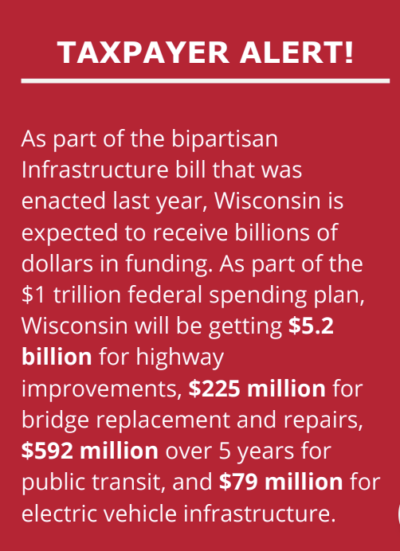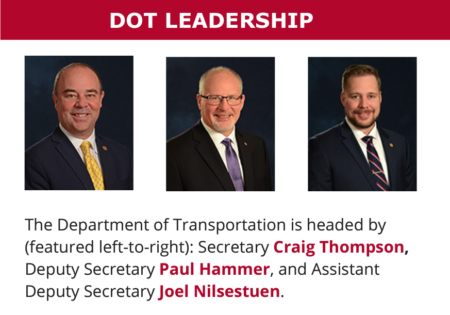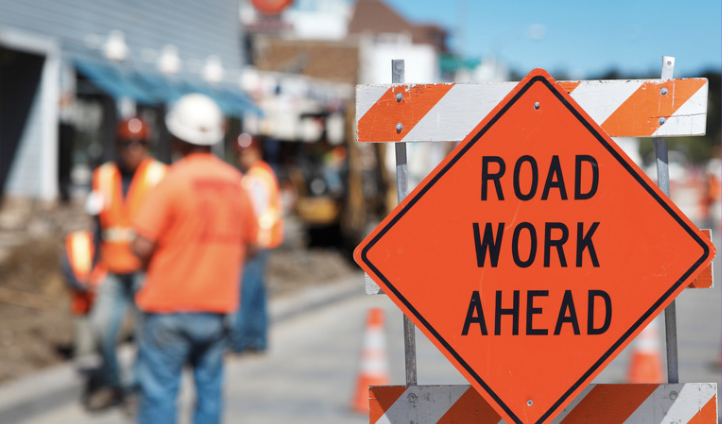Click here for a printable version of our report or read the full version below.
State Agency Fast Facts:
- In the 2021-2023 budget, the Department of Transportation (DOT) was allocated $6.6 billion and 3,238 FTE positions. As of 2016, DOT employed 680 engineers.
- DOT is responsible for planning, building, and maintaining Wisconsin’s state highways and interstate highways. The department distributes funding to local governments and transportation systems.
- DOT also financially supports air, rail, and water transportation.
- Operations of the Department are divided amongst 5 regions.

Did you Know?
In September of this year, the US Department of Transportation approved WisDOT’s plan to spend $78.65 million in federal funds to build out electric vehicle infrastructure along Wisconsin’s “alternative fuel corridors”. These corridors cover almost all of Wisconsin’s interstate and several major state highways. The plan will place chargers within 50 miles of each other.
The funds for this project come from the Bi-partisan Infrastructure bill. The department plans on making grants to “local governments and private entities”, but will only require a modest 20% match from these entities. Currently, Wisconsin law has restrictions on who can own and operate these changing stations. Legislators had proposed legislation last session that would have allowed private entities to build, maintain and charge fees for the use of a charging station similar to how modern gas stations operate.
Reform History:
During Governor Doyle’s term in office, $1.2 billion was shifted from the transportation fund to fund other items in the budget. As a result, in 2014, the state voted to approve a constitutional referendum that prohibits future legislatures from using money from the transportation fund for purposes other than transportation.
Keep an Eye on…
In recent years, revenues collected through the gas tax have declined at a steady pace. These revenues are used for road maintenance and construction projects. As electric cars become more prevalent on Wisconsin roads, these revenues will only continue to drop. Some have proposed a fee based on miles traveled along with other ideas. Expect this debate to continue in Madison as policy makers look for ways to increase state revenues to the transportation fund.

Close Call…
Governor Evers proposed the following provisions in his transportation budgets during his first four years:
- 25% increase in the gas tax plus, an automatic increase based on the consumer price index.
- When this was proposed in the 2019- 2021 budget, it was estimated that this would raise taxes by $526 million over the biennium.
- 27% increase in the Heavy Truck Fees.
- Automatic voter registration.
IRG Wants to Know:
If you were in charge for a day, what reforms would you make to the department? Email Alex Ignatowski, IRG’s Director of State Budget and Government Reform, at [email protected].

